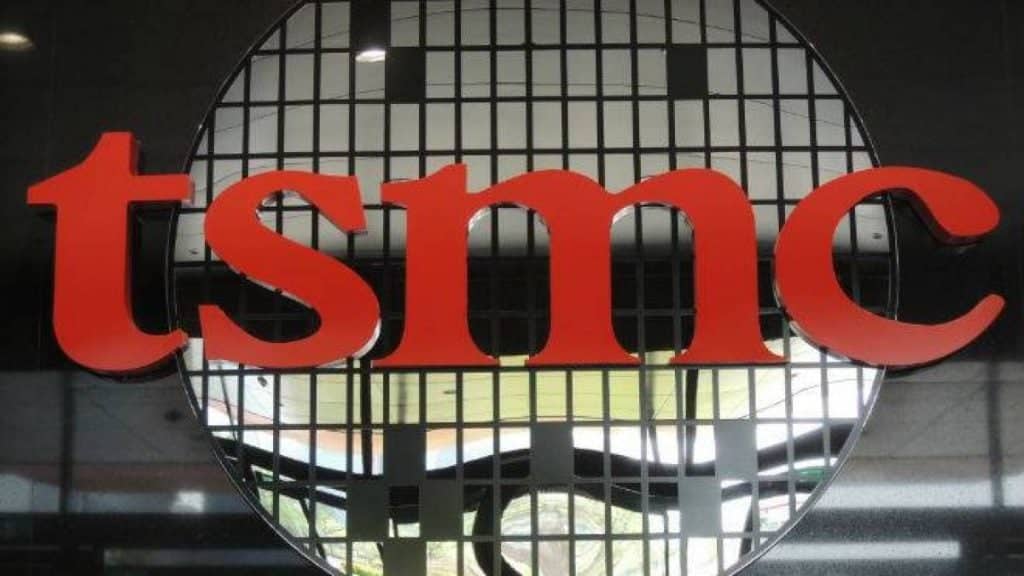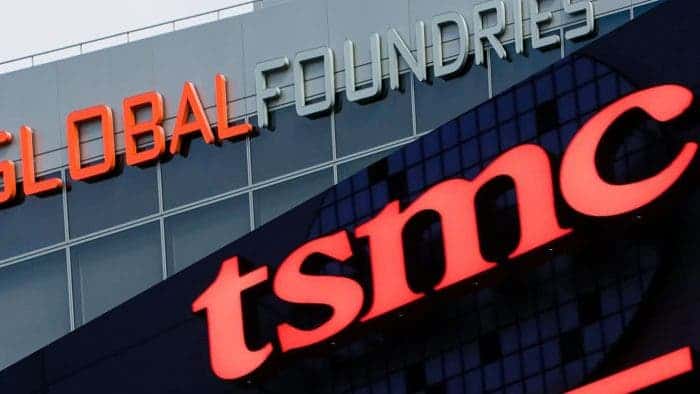According to BusinessKorea, TSMC, the world’s largest chip foundry, has widened the gap with South Korea’s Samsung Electronics. Presently, it remains to be seen of Samsung can successfully implement its “Semiconductor Vision 2030 Plan”. TSMC stated on its official website that its sales in August hit $4.19 billion. This figure is a 15.8% increase over the same period last year and an increase of 16% over July. In July, its sales fell 12.3% from June.

Earlier, TSMC stated in the second-quarter financial report that since May, it has not received any new orders from Huawei. Starting from September 15th, TSMC will not be able to deliver chips to Huawei. Due to the sharp decline in sales in July, industry insiders believe that Huawei’s ban is affecting TSMC’s sales. Huawei’s orders with TSMC makes up 14% of its annual sales.
However, as sales picked up in August, some experts said that the impact of US sanctions on Huawei on TSMC’s sales was not as great as originally expected. In the first eight months of this year, TSMC’s cumulative sales reached 850 billion Taiwan dollars ($29 billion). This is an increase of 30.7% over the same period in 2019.
Therefore, the decline in TSMC’s sales in July is probably to be due to concerns about the downturn in the semiconductor market in the second half of 2020, and the decline in semiconductor prices stimulated TSMC’s sales.
TSMC sales rebound in August – Huawei’s ban no significant effect
TSMC’s August sales rebound means that although its supply to Huawei has stopped since May, the company’s global customer orders have offset Huawei’s impact. Therefore, the possibility of a sharp decline in TSMC’s sales is very small. Some experts speculate that TSMC’s customers such as Apple, Google, Qualcomm, Nvidia, AMD, etc. have increased their orders to TSMC. This is in order to establish a stronger relationship with TSMC. In fact, TSMC is expanding its business with major American customers such as AMD and Apple. Apple’s new Mac models will use ARM-based CPUs and iPhone 12’s A14 processors are all from TSMC’s foundry. AMD plans to launch the Zen 3 CPU and Radeon RX6000 GPU series for PCs in October. It is expected that the production of these products will rely on TSMC.
At the same time, some experts speculate that Huawei’s order was placed to TSMC through other semiconductor design companies. MediaTek announced that August sales were $32.7 billion. This figure is an increase of 41.9% over the same period in 2019 and an increase of 22.5% over July. MediaTek is designing mobile AP, 5G communication modems, and outsourcing production to TSMC.
TSMC seems to be looking for new customers to replace Huawei before the US sanctions become active on September 15. However, in view of the new tougher sanctions in August, TSMC may not have a bypass strategy.
Qualcomm hopes to continue business with Huawei
At the same time, people are also paying attention to Qualcomm’s trends. Qualcomm strongly hopes to continue to maintain business ties with Huawei. It is currently lobbying to win special approval from the US government to export products to Huawei. Qualcomm claims that Huawei will eventually be able to purchase the equipment and components needed to produce 5G smartphones from non-US companies including Samsung Electronics and MediaTek. However, due to stricter sanctions from the United States, Samsung Electronics will also stop supplying products to Huawei from September 15.
As TSMC continues to grow while cutting off deals with Huawei, the challenges facing Samsung Electronics have become increasingly severe. The Korean semiconductor giant is promoting the “Semiconductor 2030 Vision” and hopes to become the number one in the system semiconductor market in 2030. Samsung has recently won OEM orders from a series of major customers including IBM, Qualcomm, and Nvidia, but these orders are not enough to allow the company to catch up with TSMC.
Market research firm, TrendForce, predicts that in the third quarter of 2020, TSMC and Samsung Electronics will account for 53.9% and 17.4% of the global foundry market. This means that the gap increases from 51.5% and 18.8% in the second quarter. The widening gap in sales between the two companies is why some experts believe that US sanctions on Huawei will not seriously affect TSMC. Therefore, Samsung Electronics’ prospects for surpassing TSMC seem to be less optimistic.





